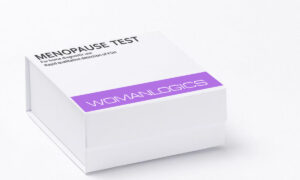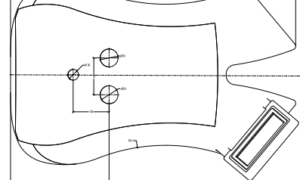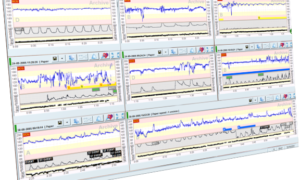Ectopic pregnancy is continuing to be a significant health problem for couples. The rate of ectopic pregnancy is 11 per 1000 pregnancies and is accompanied with a maternal mortality of 0.2 per 1000 estimated ectopic pregnancies. A significant proportion of deaths that occur due to ectopic pregnancy are associated with deficiencies in the health care that is provided, therefore improvements in the management of this disorder is a target for health systems all over the modernised world.
Here at the Gyneeworks Institute we are investigating new approaches for the earlier diagnosis of ectopic pregnancy. We are investigating molecular markers, ultrasonographic features and we are constantly scrutinizing management protocols.
The understading of the pathogenesis of ectopic pregnancy has been a subject of several research institutions for many years. Research has been conducted from the cellular to the clinical level and indeed many of the diagnostic tools that we have in hand nowadays are a direct result of years of this intense research. Trends of this research continue to be the identification of molecular serum markers for the early detection of ectopic pregnancies and also the advancement of sound ultrasonographic devices and techniques, which make the diagnosis easier. Therapeutic management of ectopic pregnancies have advanced to include conservative options now, since the classic tubal resection techniques might impose additional difficulties to conceive in ladies who already have a damaged contralateral tube. Such therapeutic advances include pharmacological agents and current research focuses on the improvement of the use of such agents and in the investigation of other potential pharmacologic solutions.


















